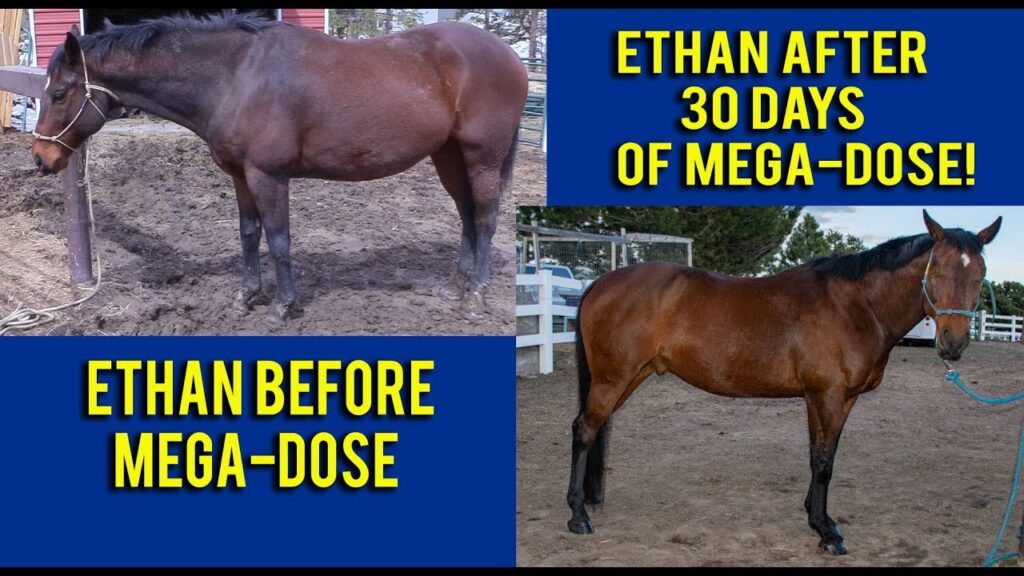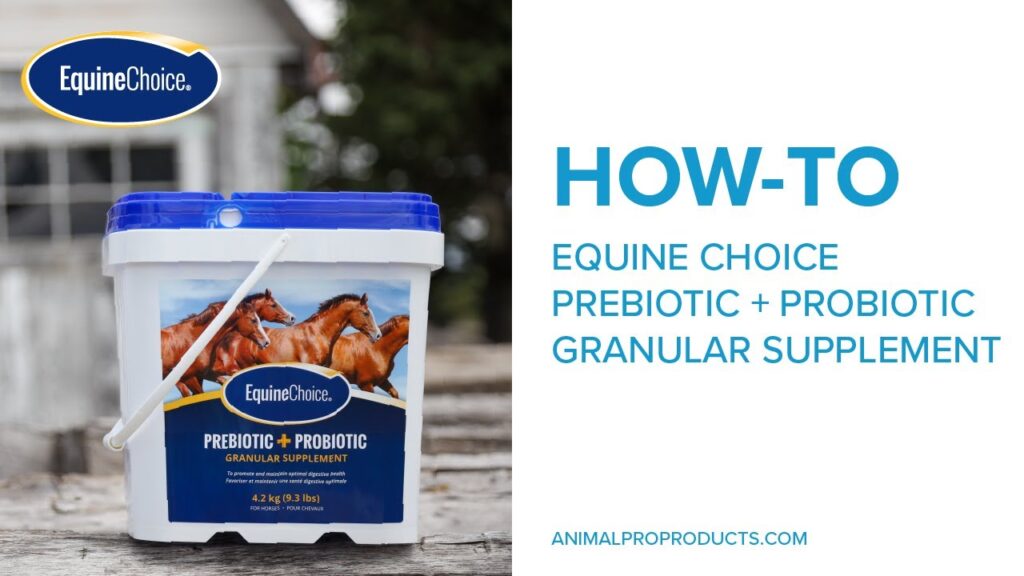All About Supplements for Horses: Caring for horses is more than just feeding hay and providing shelter—it’s a bond built on trust, love, and a deep understanding of their needs. Like humans, horses have nutritional requirements that, when unmet, can lead to health issues or hinder their performance. This is where supplements come in. Whether your horse is a trail companion, a competition athlete, or a cherished pasture pet, supplements can play a vital role in enhancing their overall health and well-being.
In this article, we will explore what horse supplements are, their types, benefits, when to use them, and how to choose the right one for your horse. We’ll also delve into real-life scenarios and offer tips on how to responsibly incorporate supplements into your equine care routine.
What Are Horse Supplements?

Horse supplements are dietary additions made to support specific health needs or deficiencies in a horse’s regular diet. These products come in various forms such as powders, pellets, liquids, or pastes and are often added to feed. Supplements are not a replacement for a balanced diet—they’re an enhancement to help your horse thrive.
Why Are Supplements Important?
Each horse is unique. Factors like age, breed, workload, health condition, and environment influence their nutritional needs. Even with the best-quality feed and pasture, some horses may still lack essential nutrients. Supplements bridge that nutritional gap.
Emotional Bond Through Care
When we invest in our horse’s health, we strengthen our emotional bond. Knowing they are not just surviving but thriving under our care brings a deep sense of fulfillment.
Types of Horse Supplements
1. Joint and Mobility Supplements
These are often used for older horses, performance horses, or those recovering from injuries. Ingredients like glucosamine, chondroitin sulfate, and MSM support cartilage and reduce inflammation.
2. Hoof Supplements
Hooves are the foundation of a horse’s mobility. Supplements rich in biotin, methionine, and zinc promote strong, healthy hooves.
3. Digestive Aids
Horses have sensitive digestive systems. Prebiotics, probiotics, and yeast cultures improve gut flora and nutrient absorption, helping with conditions like ulcers or colic.
4. Coat and Skin Supplements
These enhance the horse’s outer beauty and inner health. Omega-3 and Omega-6 fatty acids contribute to a shiny coat and healthy skin.
5. Electrolytes and Hydration Support
Essential for performance horses or those in hot climates, these supplements replace lost salts and minerals during sweating.
6. Behavioral and Calming Supplements
For nervous or anxious horses, ingredients like magnesium, tryptophan, and valerian root promote calmness and focus.
7. General Multivitamins and Minerals
For overall well-being, multivitamin blends ensure your horse is not missing out on essential nutrients.
Benefits of Horse Supplements
| Benefit | Description |
|---|---|
| Improved Joint Health | Keeps older or active horses comfortable and mobile |
| Healthier Coat & Hooves | Enhances physical appearance and function |
| Better Digestion | Reduces risk of digestive issues and supports nutrient absorption |
| Mental Calmness | Helps manage stress during travel, shows, or new environments |
| Strong Immune System | Boosts resilience against infections |
| Faster Recovery | Supports healing from injuries or surgery |
When Does Your Horse Need Supplements?

Not all horses need supplements, and over-supplementation can be harmful. Consider these signs:
- Dull coat or brittle hooves
- Stiffness or lameness
- Weight loss or poor appetite
- Nervous behavior
- Fatigue or low performance
- Age-related conditions
- Vet-recommended dietary needs
If any of these sound familiar, consult your vet before starting any new supplement.
Choosing the Right Supplement
1. Understand Your Horse’s Needs
Identify what your horse lacks—don’t guess. Blood work and vet checkups help pinpoint deficiencies.
2. Read the Label Carefully
Check for active ingredients, dosage instructions, and expiration dates.
3. Go for Trusted Brands
Stick to reputable companies that provide transparent ingredient sourcing and testing.
4. Avoid Overlapping Ingredients
Too much of a good thing—like selenium or vitamin A—can be toxic.
5. Trial and Observation
Introduce one supplement at a time and monitor your horse’s response.
Real-Life Testimonial
“When my mare, Daisy, started showing stiffness in her joints, I was heartbroken. She’s been my companion for 10 years. I consulted a vet and started her on a glucosamine supplement. Within weeks, she was moving more freely. It felt like I had given her a second youth. Seeing her happy again is worth every penny.”
— Emily H., Horse Owner, Oregon
Common Mistakes to Avoid
| Mistake | Why It’s a Problem |
|---|---|
| Over-supplementing | Can lead to toxicity or imbalances |
| Skipping vet consultation | May miss underlying medical conditions |
| Not measuring doses | Reduces effectiveness or causes side effects |
| Mixing too many supplements | Can cause negative interactions |
| Ignoring expiration dates | Reduces potency or becomes unsafe |
Discount Offers & Deals
Many online platforms and equine supply stores offer discounts on bulk orders or first-time purchases. Look out for:
- Subscription savings on monthly supplement deliveries
- Combo deals when buying multivitamins and digestive aids
- Seasonal offers during spring and fall sales
Some leading platforms to explore:
- SmartPak Equine
- Chewy
- Tractor Supply Co.
- Valley Vet
Price Range in India (Approx.)
| Supplement Type | Price Range (INR) |
|---|---|
| Joint Support | ₹1,500 – ₹6,000 per month |
| Digestive Aid | ₹800 – ₹2,500 |
| Coat & Hoof Care | ₹900 – ₹3,000 |
| General Multivitamins | ₹600 – ₹2,000 |
Final Thoughts
A horse is more than a pet—it’s a partner, a confidant, a piece of your heart galloping freely under the sky. When we choose to add supplements to their care, we aren’t just investing in their health—we’re investing in their happiness.
Whether it’s keeping their joints supple, coat shiny, or mood calm, supplements can elevate your horse’s life. But remember, love, regular vet checks, proper diet, and exercise are still the foundation. Supplements are just the little extra gift we offer to say, “I see you. I care for you.”
Read More:- How Often Should a Dog Go To The Groomers?
Why Do Cats Always Land on Their Feet?
How Can I Treat My Dog’s Ear Infection at Home?



